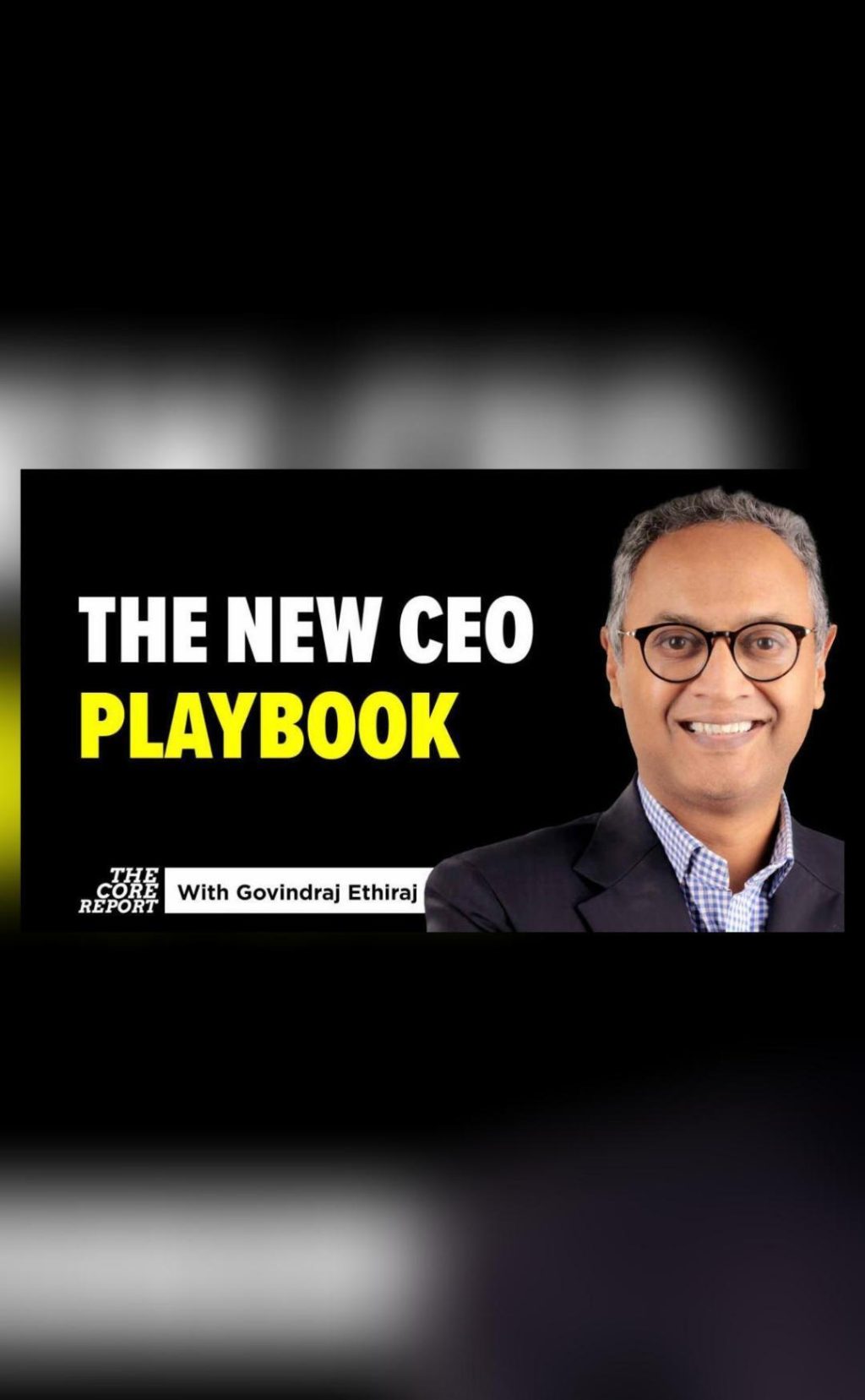
The New CEO Playbook: AI Pressures & Global Tariff Shocks
In today’s fast-paced business landscape, CEOs are facing an unprecedented array of challenges. The rise of Artificial Intelligence (AI) has dramatically reshaped industries, while global tariff shocks have disrupted trade patterns and thrown traditional supply chains into chaos. As companies struggle to adapt to these new realities, business leaders must rethink their strategy and operations to stay ahead of the curve.
At the heart of this transformation is the need for internal innovation and automation. As AI continues to advance, companies that fail to adapt will be left behind. This means investing in AI-powered technologies, such as machine learning and natural language processing, to drive efficiency, reduce costs, and improve customer experiences. For CEOs, this means rethinking their entire business model, from product development to customer service.
But it’s not just internal pressures that are driving change. External forces, such as shifting trade policies and global tariff shocks, are also forcing CEOs to rethink their strategy. The recent trade wars between the United States, China, and other countries have created a climate of uncertainty, making it difficult for companies to predict and plan for the future.
In this environment, companies are being pushed to localize, adapt, and reconsider long-held business models. For CEOs, this means getting closer to customers, understanding their needs and preferences, and developing products and services that meet their changing demands.
So, what does this mean for CEOs and their teams? Here are some key takeaways from the new CEO playbook:
1. Embrace AI-Powered Innovation
AI is no longer just a buzzword – it’s a business imperative. Companies that fail to invest in AI-powered technologies will be left behind. CEOs must prioritize AI innovation, from automating routine tasks to developing new products and services.
2. Rethink Your Business Model
The traditional business model is no longer relevant in today’s fast-paced market. CEOs must be willing to challenge assumptions and rethink their entire strategy, from product development to customer service.
3. Localize and Adapt
Global tariff shocks have made it clear that companies must be able to adapt quickly to changing market conditions. This means getting closer to customers, understanding their needs and preferences, and developing products and services that meet their changing demands.
4. Focus on Customer Experience
In today’s digital age, customer experience is everything. CEOs must prioritize customer satisfaction, investing in technologies that improve customer engagement, loyalty, and retention.
5. Build Resilience
Uncertainty is the new normal. CEOs must build resilience into their organizations, investing in contingency planning, risk management, and crisis communications.
6. Foster a Culture of Innovation
Innovation is not just a product of new technologies – it’s a mindset. CEOs must foster a culture of innovation, encouraging experimentation, taking calculated risks, and celebrating failure.
7. Stay Ahead of the Curve
The pace of change is accelerating. CEOs must stay ahead of the curve, investing in ongoing education and training, and prioritizing continuous learning and improvement.
In a recent interview, CEO of IBM, Arvind Krishna, emphasized the need for CEOs to prioritize AI innovation, saying, “We are at the beginning of an AI era, and CEOs must recognize the opportunity to transform their businesses… AI is not just a technology, it’s a business strategy.”
As AI continues to reshape industries and global tariff shocks disrupt trade, CEOs face unprecedented challenges. But with no guarantee of stability, companies are being pushed to localize, adapt, and reconsider long-held business models. By embracing AI innovation, rethinking their business model, and building resilience, CEOs can stay ahead of the curve and drive success in today’s fast-paced market.
Watch the full interview with IBM CEO Arvind Krishna here: https://youtu.be/0osLVVtj7tY
Source:






